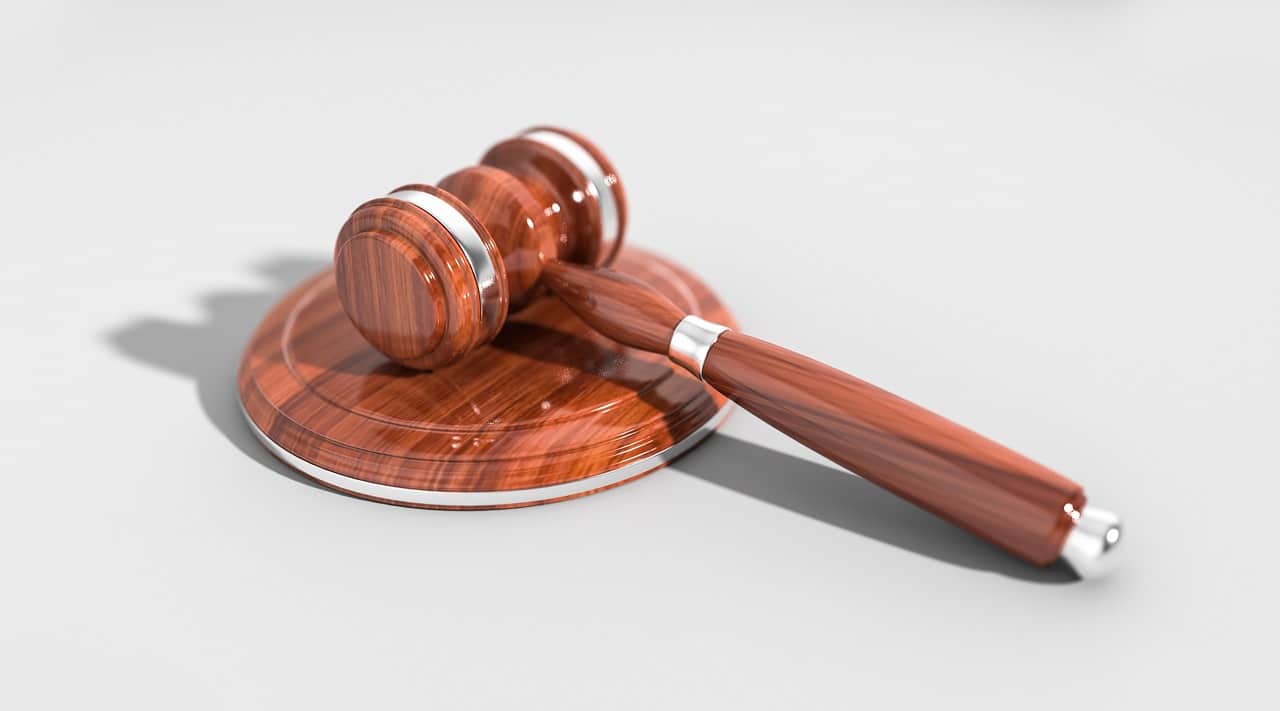
Usucapion is a way of gaining ownership of something through the continued possession of real rights for a certain time.
Usucapion is the acquisition of a right or property through its exercise under the conditions and terms provided by law . Usucapión, a term that comes from the Latin usucapĭo and is also known as acquisitive prescription , is a way of accessing the ownership of a thing through the continued possession of real rights during the time established by legislation .
Other elements that must be clear regarding usucapion is that it is retroactive . And it is considered that, once the period has elapsed, the acquisition of the right occurred at the moment in which it began.
Theories of usucapion
For usucapion to exist, there cannot be an action against the possession in question by the affected party. The existence of usucapion can be justified by two theories: the objective theory and the subjective theory .
The objective theory maintains that the basis of usucapion is found in granting security to legal relationships by consolidating apparent ownership . This theory, therefore, seeks to maintain the status quo of possession.
The subjective theory, on the other hand, justifies usucaption based on the abandonment or renunciation of the real right that the owner has, since the owner does not exercise any defensive action against the possession of another. The problem with this position is that, when the owner demonstrates that the will to renounce is non-existent, the usucapion is immediately invalidated.

Usucapion is also mentioned as acquisitive prescription.
Classification according to type
It is interesting to establish, in addition to everything stated so far, that there are two clearly differentiated types of usucapion. Thus, on the one hand, we find the so-called ordinary , which is one that is identified by requiring a fair title for the time established by law and also in good faith.
It is important to be clear that this aforementioned title must be valid and true. And it also has to be able to be proven, since at no time is it presumed.
And, on the other hand, there is the extraordinary , which does not require any of the two elements mentioned above. That is, neither the title nor the good faith.
However, it should not be overlooked that there are other types of usucapion. Thus, for example, based on what the interruption of possession is, the Civil Code divides it into two groups:
- Civil disruption . It is the one that occurs as a result of the judicial summons issued to the possessor. A conciliation act can also cause this type of interruption, as does the recognition by the possessor of the owner's right.
- Natural interruption . It is the one that takes place when possession ceases for more than one year, regardless of the causes that give rise to this circumstance.
It should be noted that the person who acquires or claims a right through usucapion is known as usucapiente . This may aspire to usucapion based on ordinary acquisitive prescription (when acting in good faith and with fair title) or extraordinary acquisitive prescription (it does not require good faith or fair title since it is based only on possession).
